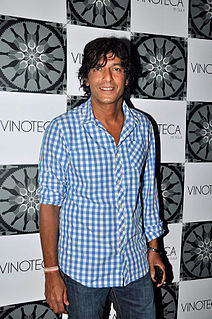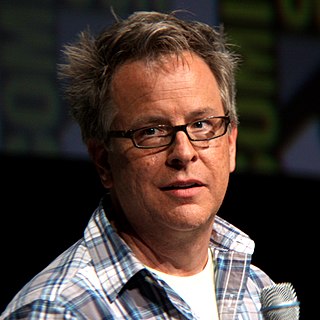A Quote by Craig Groeschel
Be careful not to blame yourself if someone rejects Christ. If you do, you might be tempted to take credit when someone accepts him.
Related Quotes
We were orbiting around the idea of intent and context. We would take the bus into work, and if you said, 'Here's a shirt you might like,' and I open it on my mobile phone, I'm not going to pull out my credit card and wallet. We thought, 'How does someone do this? An e-mail to yourself, or you try to remember?'
If there is someone in need whom you wish to help, whether the initiative came from him or from you, do no more than he expects of you, not what you might personally wish to do. If you overstep the mark, you will not deserve thanks, but blame from him and others and you will attract hostility, not friendship.
I have a fear of labels. If someone labels me, I have to respond - do I acknowledge it, reject it, deny it, live up to it, and defy it? Labels can affect your ability to be yourself. If you're not careful, like I wasn't when I was young, that can take a toll on you. You find yourself conforming to everyone else's ideas of who you are.



































